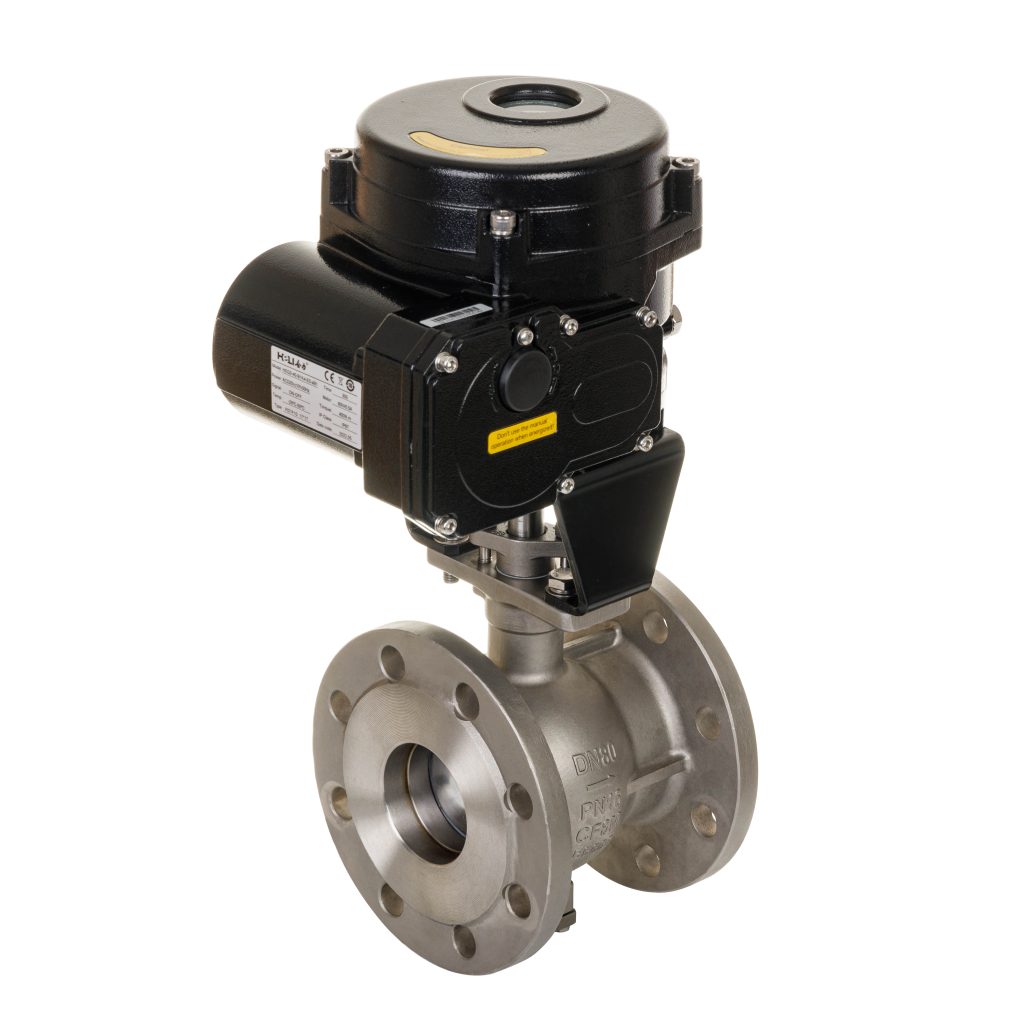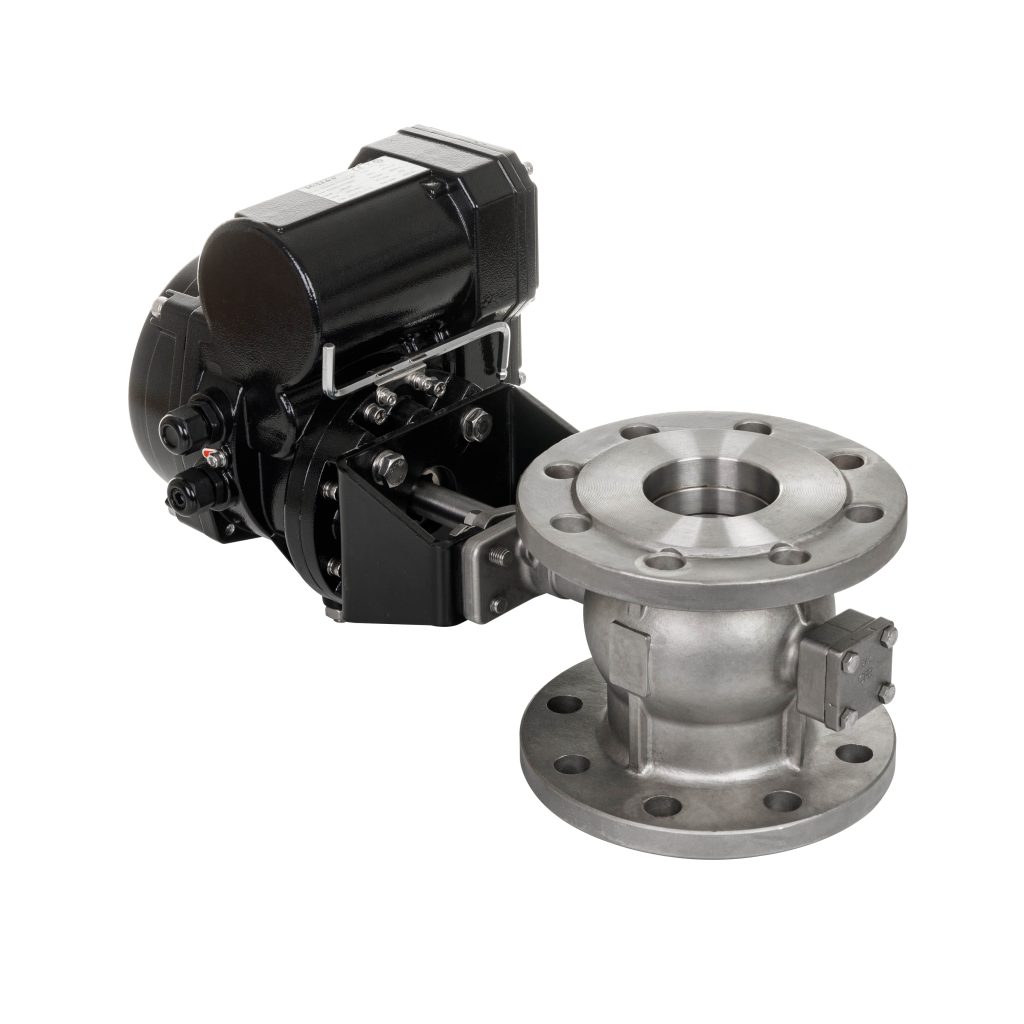Electric stainless steel ball valves are pivotal components in modern industrial applications, renowned for their efficiency, durability, and versatility. These valves leverage electric actuators to provide reliable flow control in various fluid systems, making them a preferred choice in sectors such as oil and gas, water treatment, and chemical processing.

One of the defining features of electric stainless steel ball valves is their construction. Stainless steel offers superior corrosion resistance compared to traditional materials, allowing these valves to operate effectively in harsh environments. This resilience ensures longevity and reduces maintenance costs, making them an economically viable option for industries where downtime can lead to significant financial losses.

The operation of electric ball valves is straightforward yet effective. The electric actuator, typically powered by a 24V or 110V source, opens or closes the valve by turning the ball mechanism. This design allows for rapid actuation, enabling quick responses to system demands. The precise control afforded by electric actuators enhances automation in processes, contributing to improved efficiency and safety. In addition, many electric ball valves come equipped with position feedback systems, which provide real-time data on valve status, ensuring optimal system management. In terms of applications, electric stainless steel ball valves are versatile. They are commonly used in water and wastewater treatment plants, where their robust design handles varying flow rates and pressures. Additionally, in the food and beverage industry, these valves comply with stringent sanitary standards, ensuring that products remain uncontaminated during processing. The chemical industry also benefits from electric ball valves, particularly in processes involving corrosive substances, as the stainless steel construction minimizes risks associated with chemical reactions.
